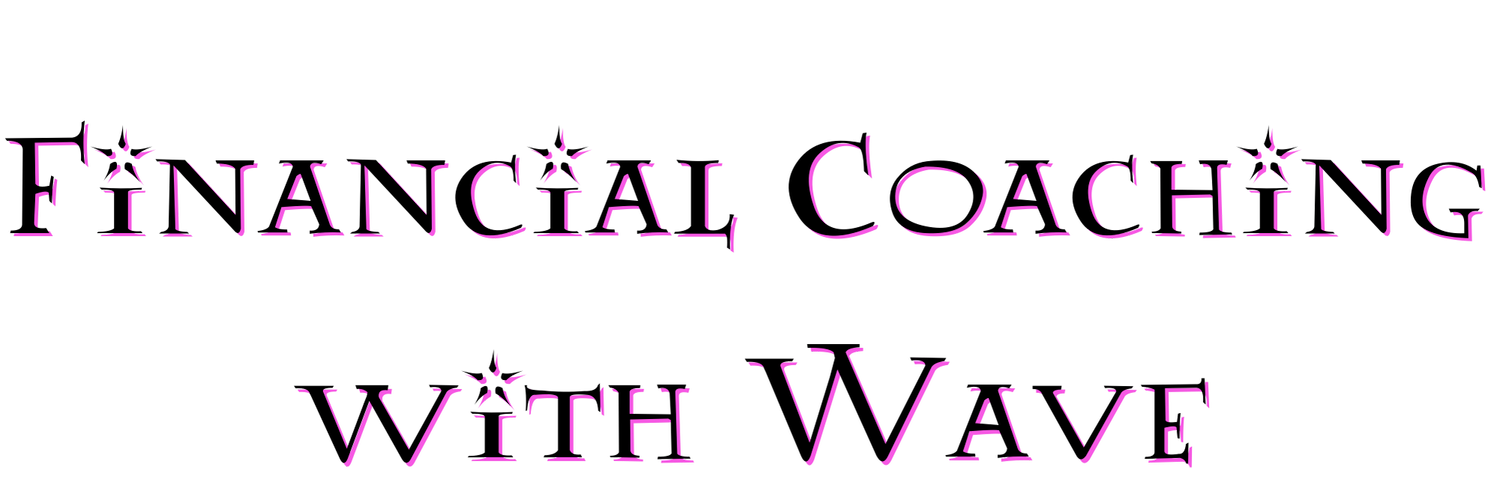What is a CD? What is an HYSA? What is a MM Fund? What is a T-note?
Here are some basic descriptions:
Certificates of Deposit (CDs): Think of a CD as a special deal with a bank.
You give the bank some of your money to hold onto for a certain time. Maybe six months or two years or whatever.
You can't use this money until the time is up—but in return, the bank pays you more interest than a typical savings account. It's like getting paid extra for not touching your money.
Treasury Notes (T-Notes): T-Notes are when you lend your money to the government.
You give them money now for an agreed upon amount of time (you can’t use this money until the time is up here too without a penalty) and they promise to pay you back with interest.
It is less risky because it’s the US federal government that owes you the money. But all investing has risks.
Money Market Funds (MM Funds): A money market account is a type of account that typically pays you more (a higher interest rate) for having your money in this account.
Imagine a pool where everyone throws in some money to invest in less risky things that make money, like government bonds or short-term loans to companies.
You can usually take your money out quickly if you need it. It’s a good place to keep your money if you want it to grow a bit while still being safe and accessible.
High-Yield Savings Accounts (HYSA): A HYSA is like your regular savings account but with a twist:
It pays you more interest for keeping your money there. It's a great option if you want to save money and watch it grow faster than it would in a typical savings account.
